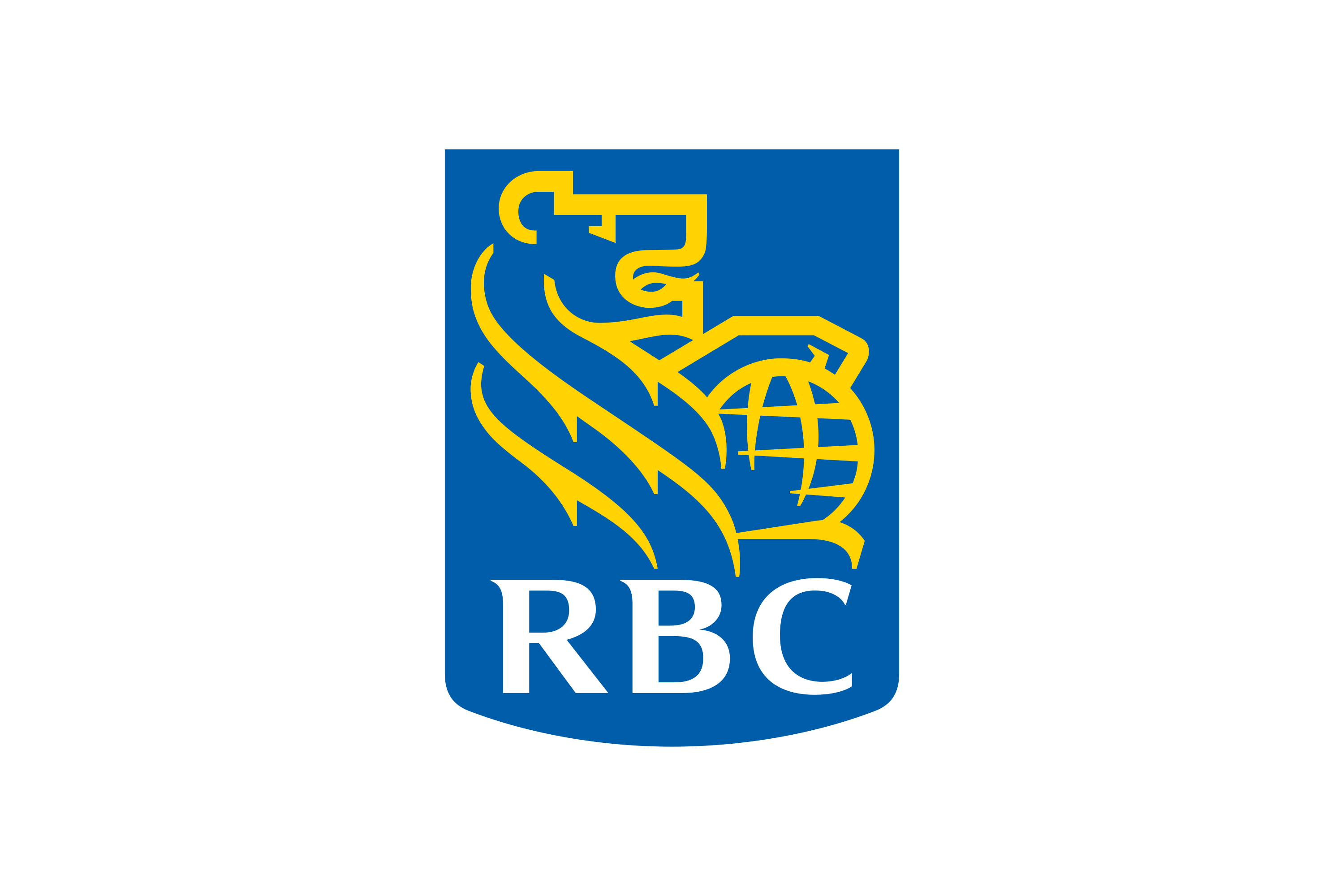Job interviews can feel like a minefield — one wrong word, and you risk sabotaging your chances.
Sometimes, it’s not a lie that gets you in trouble. It’s the truth, told the wrong way.
Being too raw, too honest, or too casual can raise red flags. The key? Reframing. That means being truthful without being self-destructive. Here are four common interview questions where well-meaning honesty can backfire — and how to reframe your answers like a pro.
1. ❓ “Why do you want to leave your current company?”
🚫 What NOT to say:
“My current company is toxic and my manager is a fraud who micromanages me constantly.”
Why it’s a problem: Even if it’s true, speaking negatively about your past employer makes you look bitter, unprofessional, or difficult to work with. Hiring managers worry you’ll say the same about them someday.
✅ What to say instead:
“I’ve learned a lot in my current role, but I’m ready for new challenges and opportunities for growth. I’m looking to join a company where I can take on more responsibility and contribute in a way that aligns with my long-term goals.”
Why this works: It keeps things positive, shows ambition, and shifts the focus to the future.
2. 💸 “What are your salary expectations?”
🚫 What NOT to say:
“I’m desperate for a job — even a 20% hike is okay.”
Why it’s a problem: Desperation lowers your perceived value. You risk being underpaid or undervalued — or even being passed over entirely.
✅ What to say instead:
“I’m flexible on compensation, but based on my experience and the scope of this role, I believe a range between 15–18 lakhs is reasonable.”
Why this works: It shows confidence, self-awareness, and market knowledge — all without sounding rigid or needy.
3. 🎮 “What are your hobbies?”
🚫 What NOT to say:
“I mostly watch Bigg Boss, MTV Splitsvilla, and play video games.”
Why it’s a problem: While these are totally valid ways to relax, they don’t say much about your personal growth or professional mindset.
✅ What to say instead:
“In my downtime, I enjoy reading — especially books on personal development and industry trends. I also stay active through regular workouts, which help me maintain focus and balance.”
Why this works: It shows you’re mindful, self-aware, and proactive about growth — qualities that reflect well in any professional setting.
4. ⏳ “Why is there a gap in your resume?”
🚫 What NOT to say:
“I was jobless for a while because I couldn’t find anything.”
Why it’s a problem: It sounds like you were stagnant or defeated — even if that’s not the full story.
✅ What to say instead:
“I took time off to focus on personal growth and upskilling. I completed several online courses, attended workshops, and stayed engaged with industry developments. This break actually helped me come back sharper and more motivated.”
Why this works: It shows initiative, resilience, and intentionality — the opposite of helplessness.
💡 Final Thoughts: Honesty ≠ Oversharing
Telling the truth doesn’t mean you have to give the raw, unfiltered version. Reframing your answers with emotional intelligence, self-awareness, and professional tact is a game-changer.
🛠️ Your goal in every interview isn’t just to answer questions — it’s to build confidence, trust, and curiosity in the person across the table.
So yes, the truth matters. But how you tell it? That’s what gets you hired.






